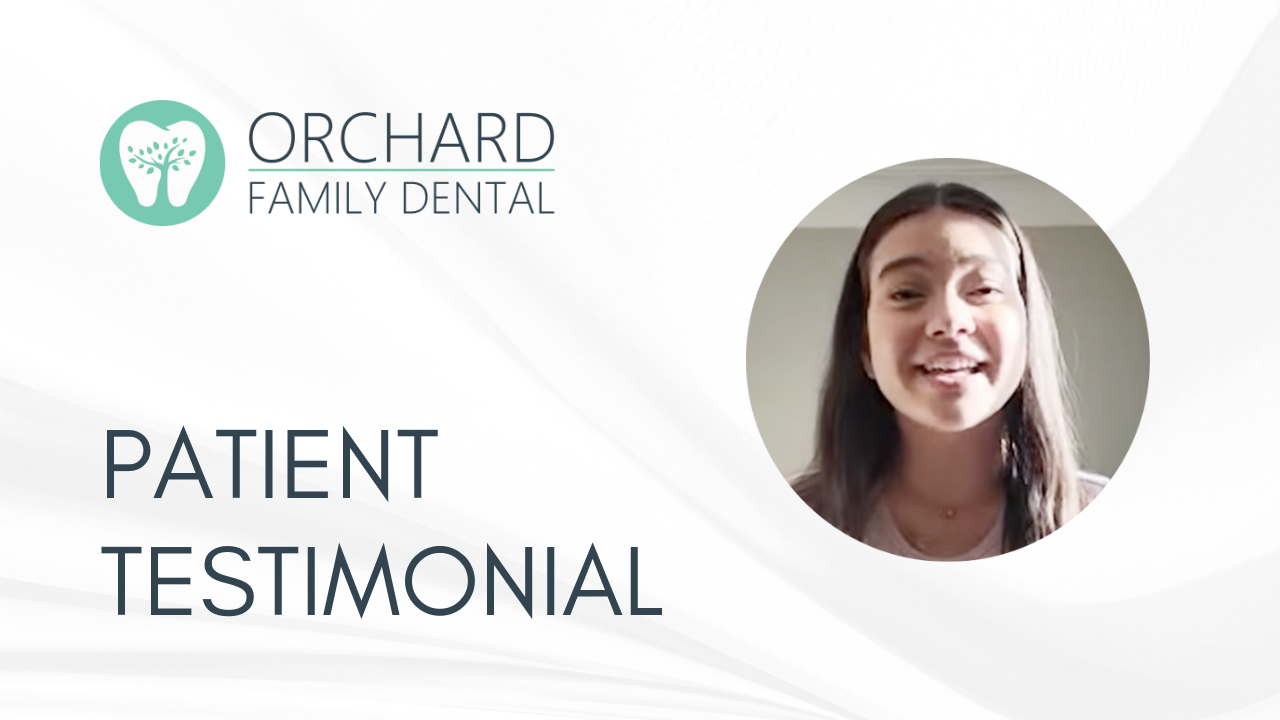
Understanding Sleep Apnea
Sleep apnea is a common but serious sleep disorder that interferes with regular breathing during sleep. For those with sleep apnea, breathing can pause over 30 times per night, disrupting quality sleep. Common symptoms include loud snoring, waking up gasping for air, morning headaches, and excessive daytime fatigue.
Types of Sleep Apnea
- Obstructive Sleep Apnea (OSA): This is the most common form and is caused when tissues at the back of the throat collapse, blocking the airway during sleep.
- Central Sleep Apnea (CSA): Less common, CSA occurs when the brain fails to send proper signals to the muscles responsible for breathing.
Why Seek Sleep Apnea Treatment?
Treating sleep apnea is essential not only for achieving quality sleep but for overall health and well-being. Sleep apnea treatment has a range of benefits, including:
Improved Health
Treatment reduces risks associated with high blood pressure, heart disease, diabetes, and liver issues. It also minimizes risks during surgery.
Enhanced Daily Focus
After treatment, patients often report feeling alert, sharp, and free of the “brain fog” that comes with chronic sleep disruption.
Better Relationships
Treating sleep apnea means less snoring and restlessness, letting both you and your partner enjoy a better night’s sleep—and a brighter mood in the morning.
Sleep Apnea Treatment Options
Your ideal treatment will depend on the severity of your sleep apnea and your lifestyle. Our clinic in Leduc offers a range of options:
Lifestyle Adjustments
Mild sleep apnea can often be improved with simple lifestyle changes, such as weight management, quitting smoking, and following healthy sleep habits. These changes can support any other treatments you may receive.
Continuous Positive Airway Pressure (CPAP)
CPAP therapy involves wearing a mask over the nose or mouth that delivers a steady stream of air to keep your airway open. This is one of the most effective and widely used treatments for moderate to severe sleep apnea.
Oral Appliances
Oral devices, similar to a mouthguard, are worn at night to help alleviate symptoms. These devices can help prevent airway blockages by adjusting the jaw or keeping the tongue in place.
Surgical Options
For some patients, surgery may be recommended to correct anatomical issues contributing to sleep apnea. Common procedures include jaw adjustments and correcting a deviated septum.
Contact us today
to schedule an initial consultation & exam.
Your consultation will include an examination of everything from your teeth, gums and soft tissues to the shape and condition of your bite. Generally, we want to see how your whole mouth looks and functions. Before we plan your treatment we want to know everything about the health and aesthetic of your smile, and most importantly, what you want to achieve so we can help you get there.
Frequently Asked Questions
Symptoms include frequent snoring, gasping for breath at night, night awakenings, and daytime symptoms such as headaches, irritability, or difficulty concentrating.
Yes, factors like weight, alcohol use, smoking, and nasal congestion can contribute to sleep apnea. However, anyone can be at risk, regardless of lifestyle.
Yes. Brief awakenings caused by lack of oxygen can occur up to 30 times a night without you remembering, resulting in daytime drowsiness.
Yes. While obesity is a common risk factor, sleep apnea can affect individuals of any size, and other anatomical or health factors may contribute.
Sleeping on your side is often recommended to help reduce snoring and alleviate symptoms of obstructive sleep apnea.
CPAP is often prescribed for moderate to severe sleep apnea, but other options exist. Oral appliances, lifestyle changes, and positional therapy can be effective for mild to moderate cases. Consulting with Dr. Merchant will help identify the best treatment for you.









